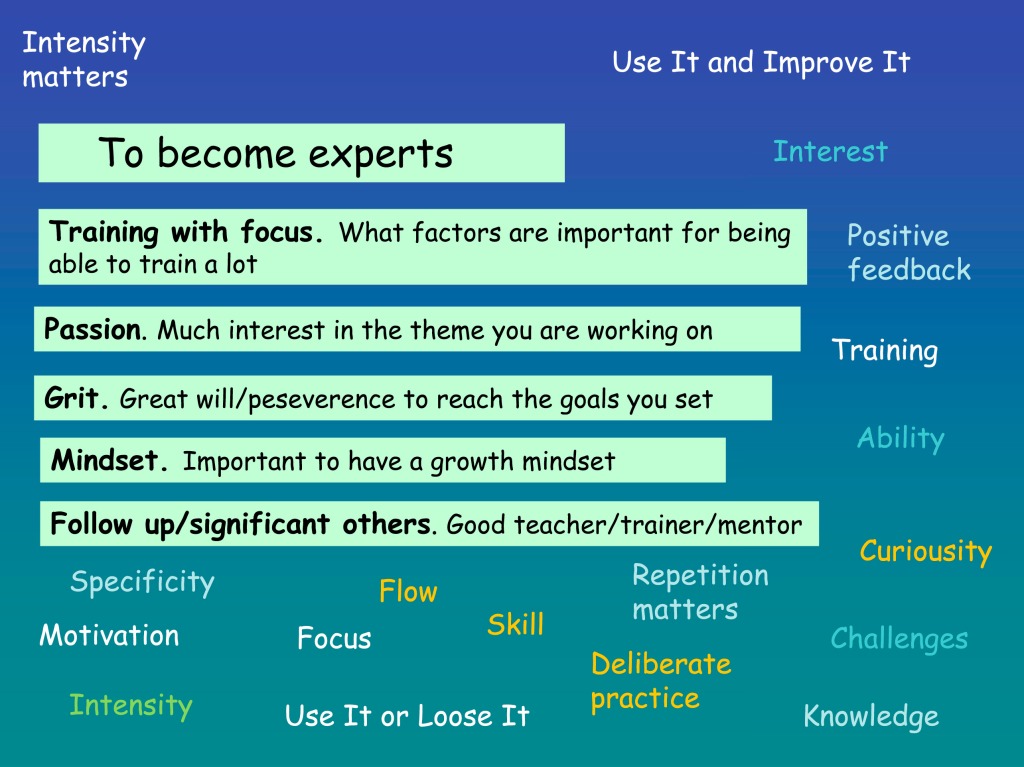Passion.
It is not the pursuit of happiness that matters, it is the happiness of the pursuit.

“Nothing is as important as passion. No matter what you want to do with your life, be passionate. The world doesn’t need any more gray. On the other hand, we can’t get enough color. Mediocrity is nobody’s goal, and perfection shouldn’t be either. We’ll never be perfect. But remember these three P’s: Passion plus persistence equals possibility.”
—Jon Bon Jovi, 2001 commencement address, Monmouth University, West Long Branch, New Jersey1
What is your “why”? What motivates you? Why do you get up in the morning? Or have you lost your mojo? I am referring to that all-consuming emotion that moves you forward. Your juice. Finding and harnessing your passion is the juice.
The first empirical paper on “passion” for activities (Vallerand et al., 2003) proposed a multidimensional definition of passion. In light of the history and review of the concept of passion, this definition can be further refined and presented as follows:
Passion can be seen as a strong inclination toward a specific object, activity, concept, or person that one loves (or at least strongly likes), high values, and invests time and energy regularly, which is part of one’s identity. Furthermore, two forms of passion seem to exist. The first can be seen as being in harmony with other aspects of the self and the person’s life and should mainly lead to adaptive outcomes. The second form of passion, which is obsessive may conflict with elements of the self and the person’s life and should mainly lead to less adaptive and sometimes even maladaptive outcomes.1

“We’re not wired to simply be content. We’re wired to keep pushing.”–Brad Stulberg and Steve Magness, The Passion Paradox (2019)
Outside the romantic realm, we encounter the idea of passion as the pursuit of excellence, mastery, or expertise in a chosen field of endeavor. The graph below is a quick synopsis of becoming an expert, and the role passion plays in the process. In this sense, passion is your depth of commitment to the process of becoming an expert. Another aspect of passion is contained inside the concept of grit.

Grit has theoretically stood on the dual pillars of perseverance and passion. The definition of grit includes the word passion: “perseverance and passion for long-term goals” Drawing on, integrating, and extending prior conceptualizations of passion, we define passion as a strong feeling toward a personally significant value/preference that motivates intentions and behaviors to express that value/preference. We use the words “a strong feeling” to indicate that passion is an intense affective state but one that is not necessarily limited to positive emotions alone.
Let me suggest that having a passion for an activity represents an essential type of high involvement in activities and immersion that may lead to sustainable positive effects on psychological well-being. Indeed, because people who have a passion for a given activity typically engage in this activity several hours each week, they may be experiencing positive affective experiences that should facilitate well-being. However, not all intentional actions encourage psychological well-being.
As passion research reveals (see Vallerand 2008, 2010, for reviews), an obsessive passion, which is oriented toward a fun activity consonant with one’s interests and values, nevertheless leads to dysfunctional outcomes. This is because the quality of activity engagement with an obsessive passion is not fully realized inside us. Thus, not all intentional activities in line with one’s interests and values lead to positive psychological effects.
As long as your passion produces positive well-being and outcomes, it is the juice of life. John Maxwell, the motivational speaker, describes passion as “the fuel for will.” Passion, says Maxwell, turns “have-to’s into want-to’s.” he takes the position that if you want something badly enough, you will find the willpower to achieve it, and you won’t stop trying until you do. That’s passion.
Passion is the essence of commitment. Passion is that which deeply stirs us. It’s the fire from within that motivates us. When passion is missing, our actions lack meaning, and we don’t get the desired results.
“A consuming passion is the last thing you think about before you go to bed at night and the first thing you think about when you wake up,” says Brian Schwartz, author of the award-winning 50 Interviews series. “It feels like an addiction, and if someone told you to stop, it would be impossible for you to give it up.”
For me, passion is my intention on fire.
Until next time. Travel safe.
End Notes
- Robert J. Vallerand, The Psychology of Passion: A Dualistic Model, Oxford University Press (2015)

